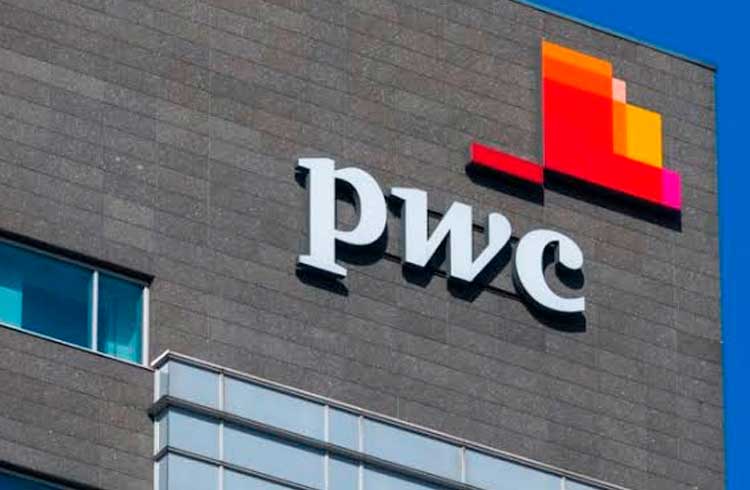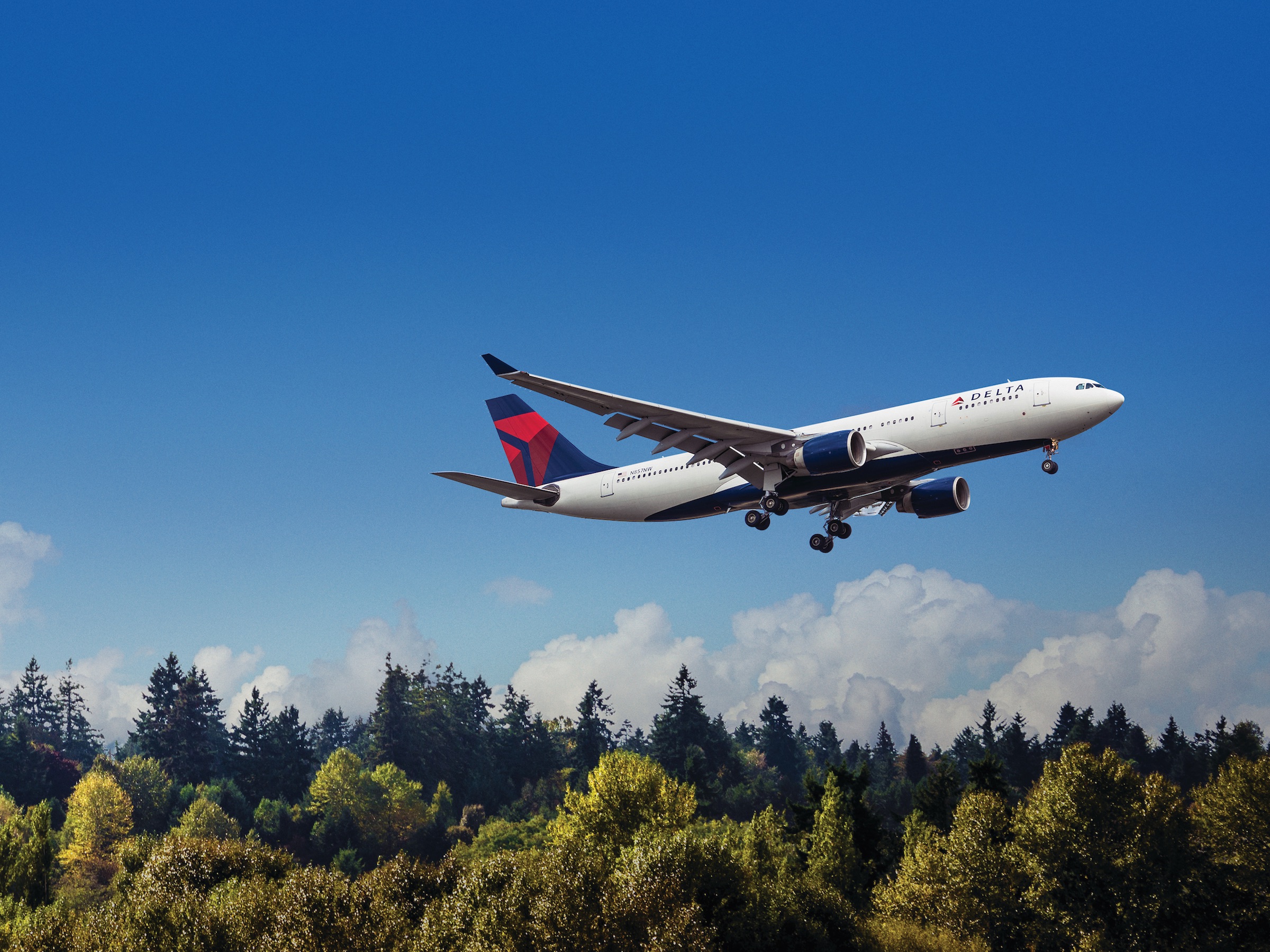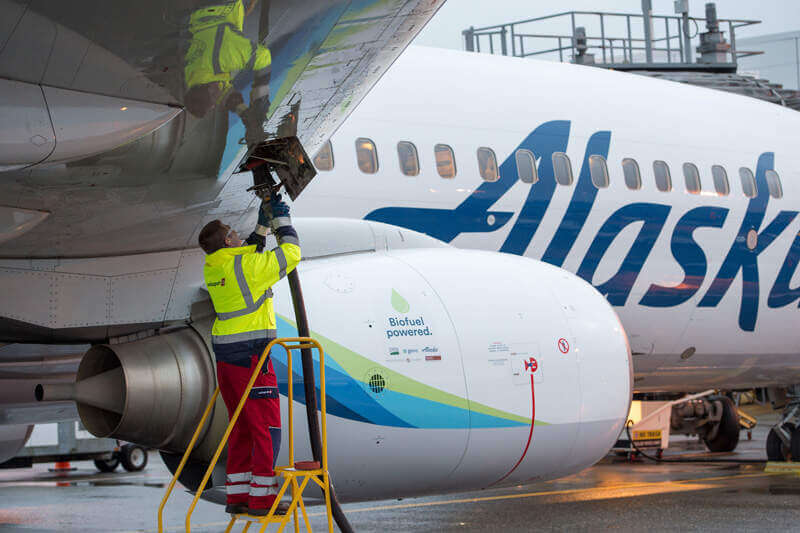Amsterdam, Wednesday, June 26th, 2019 – Today PwC Netherlands committed to fly its staff on sustainable aviation fuel (SAF) for a period of 5 years. From 2022 onwards the SAF will be produced in the dedicated production plant in Delfzijl, The Netherlands, that will be developed by SkyNRG. The fuels will be delivered at Schiphol Amsterdam Airport. With this offtake guarantee, PwC Netherlands reduces its own business air travel emissions and at the same time contributes to the development of the first dedicated European sustainable aviation fuels plant.
With this commitment, PwC Netherlands gives further shape to its sustainable travel strategy. By purchasing sustainable aviation fuel, PwC Netherlands reduces its own emissions from business air travel. The investment will be used by SkyNRG to cover the price difference between sustainable aviation fuel and conventional jet fuel. With the long-term purchase guarantee, PwC Netherlands contributes to the possibilities for financing of the development of the Dutch production plant.
85% reduction of CO2
Sustainable aviation fuel is the necessary short-term solution for the commercial aviation industry to reduce CO2 emissions. Compared to conventional jet fuel, using sustainable aviation fuel can result in an 85% reduction in CO2 emissions. The use of SAF will also contribute to improved air quality by a significant decrease in ultra-fine particles and sulphur emissions. The production facility in Delfzijl will specialise in producing SAF, bioLPG and naphtha, primarily using regional waste and residue streams as feedstock. The facility will thereby run on sustainable hydrogen, which is produced using water and wind energy. The plant will be the first of its kind in the world.
Fuel meets the highest sustainability standards
SkyNRG’s independent Sustainability Board advises on whether the fuel meets the highest sustainability standards, thereby ensuring that the fuel (produced from waste streams) will not have a negative impact on food supply or the environment. We also assess potential indirect effects in other markets (e.g. indirect displacement). There will be absolutely no use of food crops, such as soya oil and palm oil (or by-products such as PFAD and POME), for production. The board includes representatives from WWF International, the European Climate Foundation, Solidaridad Network and the University of Groningen. Furthermore, the sustainability of the chain and related products are ensured through certification by the Roundtable on Sustainable Biomaterials (RSB), the highest possible certification standard for sustainable fuels.
Source: https://skynrg.com/pwc-netherlands-signs-5-year-agreement-with-skynrg-to-fly-staff-on-sustainable-aviation-fuel/




